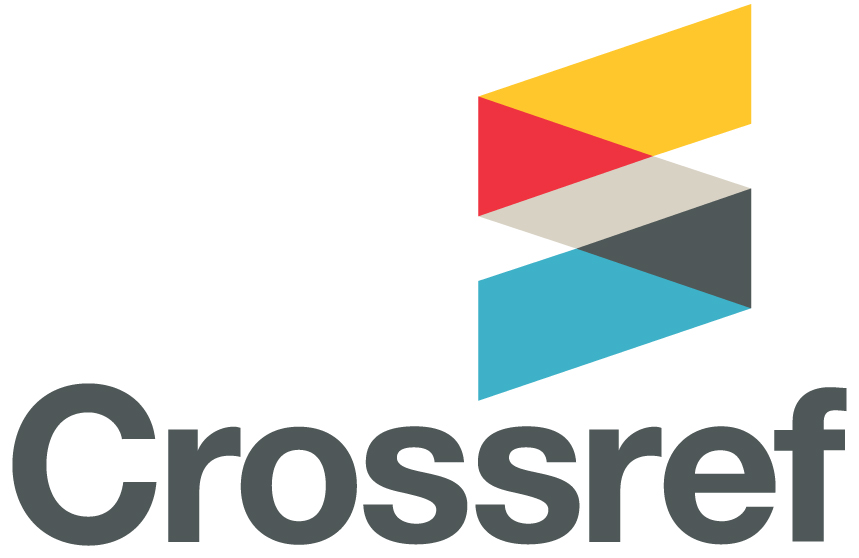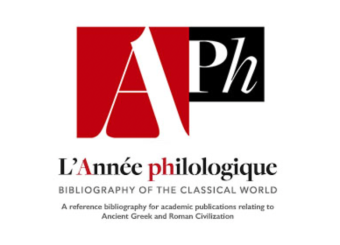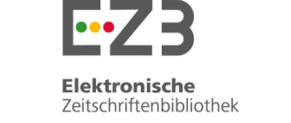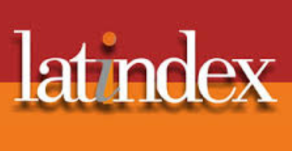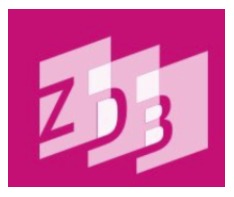The art of reading: provective, creative, and transforming reading in letters to Lucilio of Seneca and its reception in Montaigne and Nietzsche
DOI:
https://doi.org/10.53382/issn.0719-9902.17Keywords:
Seneca, epistulae, Montaigne, Nietzsche, classical receptionAbstract
This article analyzes the stoic formative notion that Seneca grants to reading and its reception and influence in Montaigne and Nietzsche, particularly the reflexive and leisurely reading as a useful instrument for the conformation of thought and knowledge. Seneca is recognized as an influential intellectual in modernity and highlights his influence on the conception of reading and truth in the French and German intellectual circle, specifically in the authors noted.References
Aguilera, S. 2018: Discurso acerca del todo, Santiago de Chile.
Bacon, F. Novum Organum.
Casadesús, F. 1997: «Citas epicúreas en las epístolas morales de Séneca», en Rodríguez-Pantoja, M. (ed.), Séneca, dos mil años después. Actas del Congreso Internacional conmemorativo del Bimilenario de su nacimiento, Córdoba, pp. 541-549.
De Lacy, Ph. 1948: «Stoic views of poetry», American Journal of Philology 69.
Nietzsche, F. 1982: Anticristo, Madrid.
Nietzsche, F. 1995: Homero y la filología clásica, Madrid.
Nietzsche, F. 1999: Cómo se llega a ser filólogo, Madrid.
Nietzsche, F. 2000: Aurora, Madrid, 2000.
Nietzsche, F. 2000a: Sobre el porvenir de nuestras escuelas, Barcelona.
Nietzsche, F. 2005: Nosotros los filólogos, Madrid, 2005.
Downloads
Published
Issue
Section
License
Copyright (c) 2019 Grecorromana. Revista Chilena de Estudios Clásicos

This work is licensed under a Creative Commons Attribution-NonCommercial-NoDerivatives 4.0 International License.




